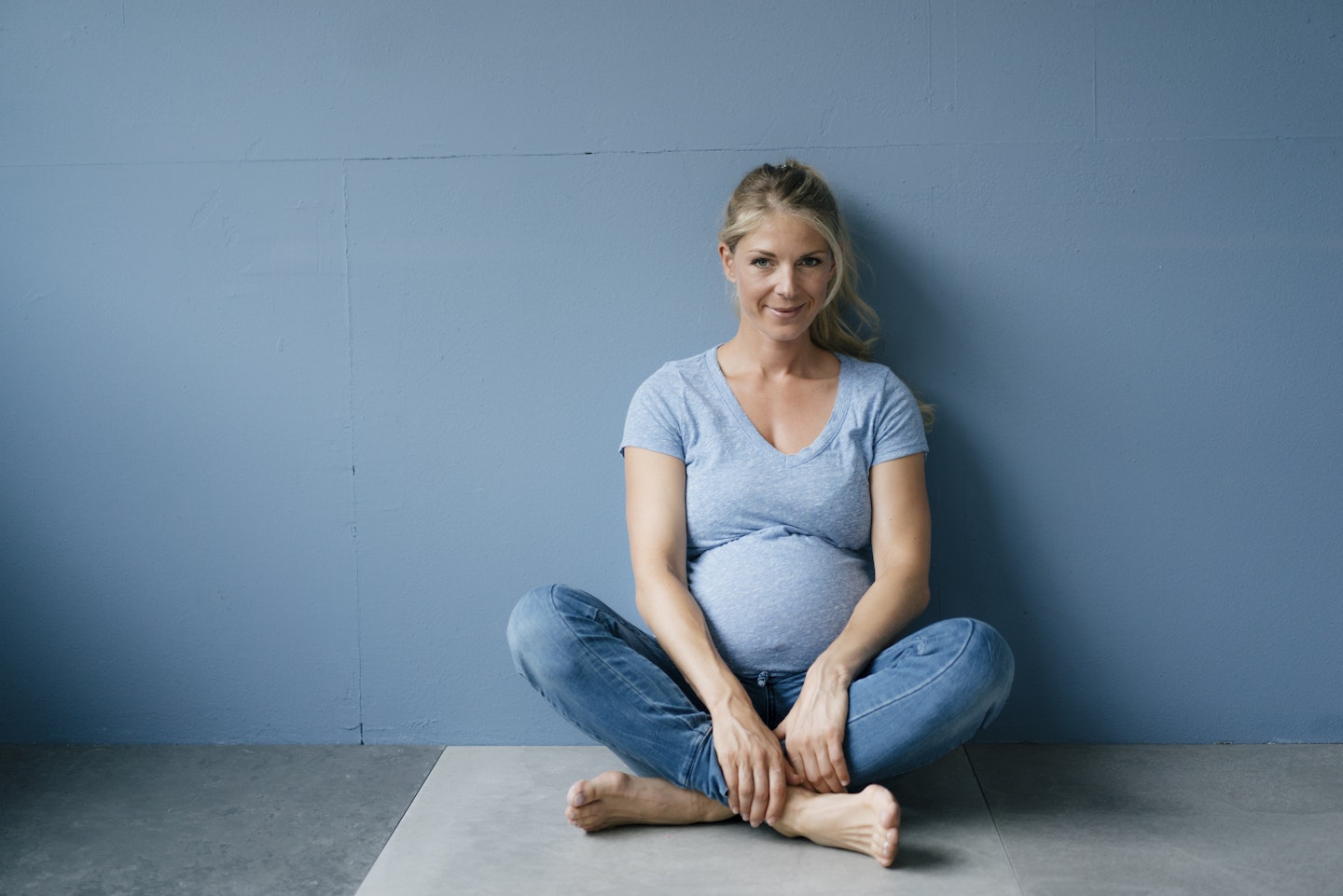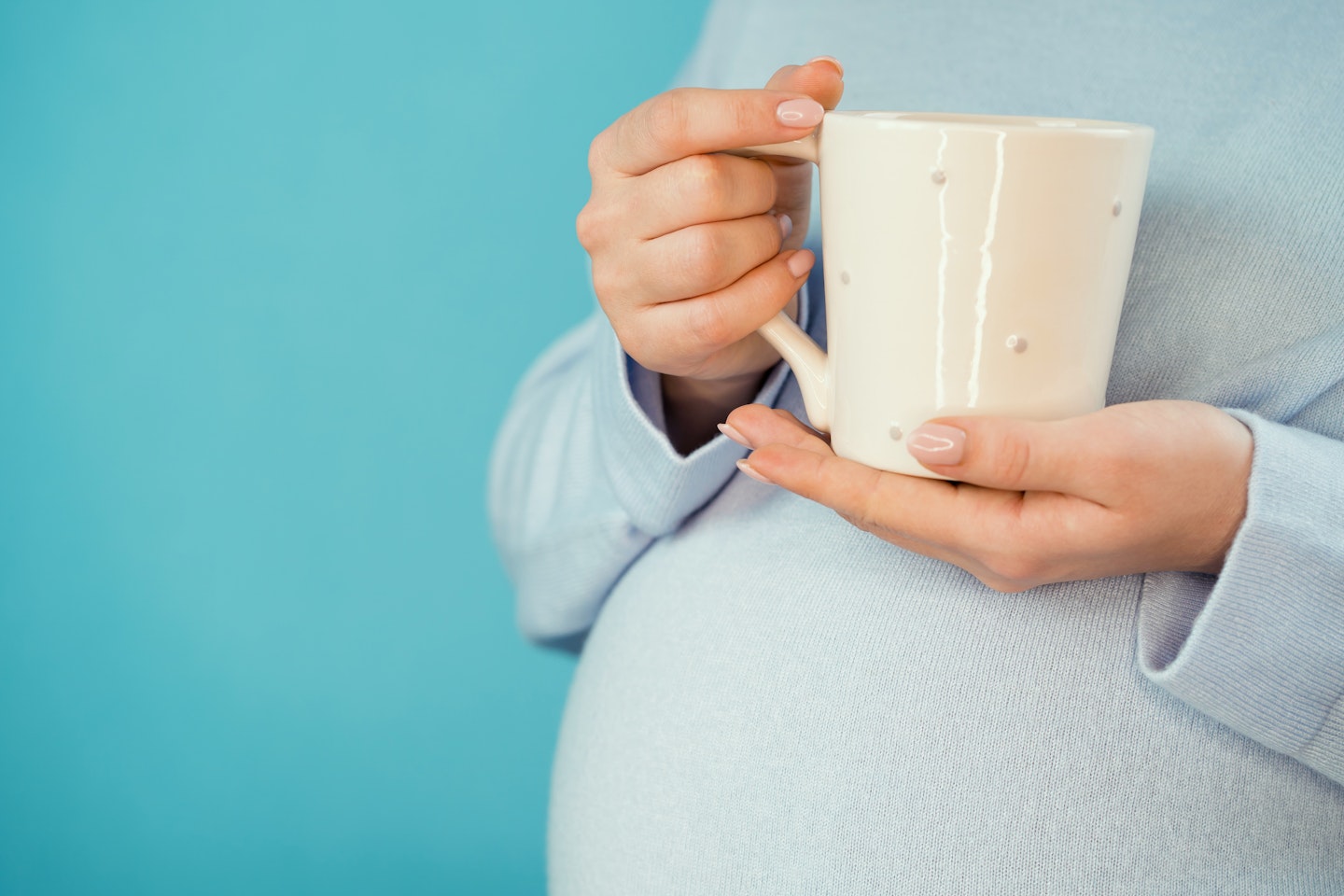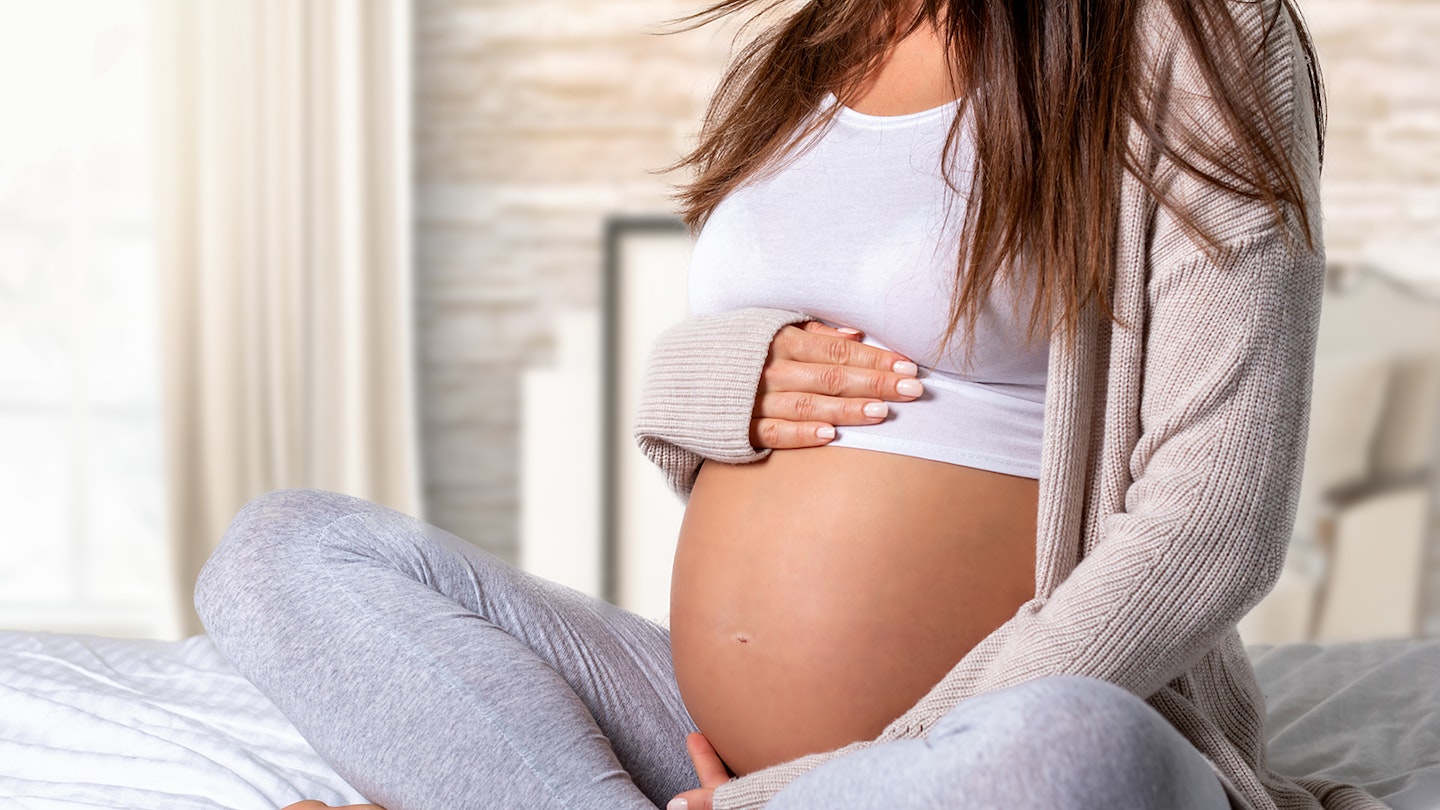Pregnancy comes with all kinds of weird and wonderful symptoms, many of which most women would hardly have guessed at before becoming pregnant.
Leaking breasts is just one of them, and it can happen sooner than you might think. Many women will experience leaking breasts at some point throughout pregnancy, and beyond if they choose to breastfeed.
Is it normal? In short, yes. But there are some things to be aware of in case further investigation is required.
Is leaking from your boobs normal?

Yes! Leaking some milk during pregnancy is normal and usually, nothing to worry about. Your body is starting to prepare itself for nurturing your unborn baby and will start to produce milk far earlier than your due date.
It is a good sign that your body is preparing for your baby’s arrival and is working to build up your milk supply. Some women may not leak at all during pregnancy and this too is completely normal. It doesn’t mean that you aren’t producing the milk you will need to feed your baby.
Why do your breasts leak during pregnancy?
Scientifically, leaking is caused by an imbalance in pregnancy hormones, specifically prolactin, which is the hormone responsible for milk production. Oestrogen works to prevent and manage the secretion of milk until your baby arrives.
Sometimes the two can fall out of sync, which can result in some leaking. Leaking can also be brought on by stimulation of the nipple, either through activities that cause clothes to rub, or foreplay.
If you are experiencing leaking, the substance will most likely be colostrum, the thicker, more dense fluid that your breasts produce immediately after giving birth, which nourishes your baby before your milk comes in, usually about 2 to 5 days after delivery.
How early in pregnancy might you expect your breasts to leak?

It’s not unusual for leaking to start as early as 14 weeks, which is when the breasts can generally start to produce colostrum in preparation for your baby’s arrival. However, it could be earlier, or later. Every body is different!
Can I express and store colostrum before having my baby?
Some women choose to hand express some milk before their baby is born, whether they have experienced leaking or not. This is called harvesting your colostrum and can be done to ensure a guaranteed supply to feed to your baby on arrival.
It can be beneficial for a number of reasons. For example, should there be any complications with breastfeeding or establishing a latch after delivery, or if you are expecting multiples.
However, this shouldn’t be done until you are around 36-37 weeks pregnant. Talk to your midwife for further advice on how to harvest and store your colostrum safely before birth.
What can you do about leaking breasts?

While a leaky boob is a good sign that your breasts are preparing to do what they were made for, no one wants a wet patch to emerge during a business meeting or while running to catch a bus. It might be annoying, but can be easily dealt with.
You can wear disposable pads to soak up any excess liquid, which are available in all supermarkets. Or you could invest in some reusable and washable breast pads, if you want to be more environmentally friendly. Both will prevent any embarrassing leakage.
According to Dr Deborah Lee, Dr Fox Online, they say, "As early as 12-16 weeks of pregnancy your breasts will start producing colostrum. This is a thick, yellowish-white breastmilk which has so many benefits for your new baby. This is perfectly normal and nothing to worry about.
Its causes?
Colostrum contains more protein and less carbohydrate and fat than ordinary breast milk. The whey protein is soft and more easily digestible than other milk proteins. Human colostrum contains alpha-lactalbumin, but cow's milk contains beta-lactoglobulin instead, to which babies can develop cow's milk intolerance.
In addition, colostrum is particularly rich in the antibody IgA which helps protect mucosal surfaces from infection. It also helps colonise the baby’s gastrointestinal tract with bacteria – at birth this is sterile – and by doing this, it helps the baby establish a healthy gut microbiome, says Dr Deborah Lee.
Colostrum is by far the best early infant feed a baby can have – far better for the baby than formula. It also contains white blood cells which kill infecting organisms, and enzymes such as lysozyme and lactoferrin which destroy bacteria, viruses and fungi.
Other constituents include oligosaccharides which specifically prevent bacteria from adhering to mucosal surfaces, plus vitamins and minerals, antioxidants, hormones and other maternal antibodies that help keep your baby safe from a range of infections. Iron and zinc are present in lower quantities than cow's milk but are in a more bioavailable form, so they are more readily absorbed from the baby's GI tract, says Dr Deborah Lee.
Producing colostrum is normal and nothing to be concerned about. You may find, especially as the pregnancy advances, that if you hear a baby cry you feel your breast contract and leak. This is a normal physiological response. The level of the hormone prolactin rises in pregnancy. This stimulates lactation. The hormone oxytocin is released in due course in response to the baby suckling at the breast. Oxytocin stimulates the milk let-down reflex.
You can prepare for your baby's arrival by stimulating the nipple before delivery. Women may want to use a breast pump in the past few weeks of pregnancy to encourage milk production and milk letdown. Colostrum can be frozen for up to 6 months and defrosted when needed, says Dr Deborah Lee.
Symptoms?
You may notice your bra or T-shirt feels wet or is becoming stained around the nipple area. Alternatively, you may notice colostrum there when you squeeze the nipple. The more you squeeze the nipple, the more colostrum you will make, so it may be best not to do this early on in pregnancy. It’s usually bilateral. The solution is to wear breast pads which you place inside your bra and absorb the fluid
Many factors affect the timing, quantity and symptoms of producing colostrum. These include breast development, previous breast surgery, breast reduction or enlargement, fibrocystic disease of the breast, breast cancer and any medication the mother is taking, says Dr Deborah Lee.
When to see a doctor?
It's quite normal for the areola the area around the nipple to darken in colour and for Montgomery's tubercles – the little bumps on the areola, to become raised and more prominent. But see your GP if you think you may have any of the following -
Abnormal nipple discharge - Note that if you have abnormal nipple discharge this should be reported to your GP. It is rare for discharge from the nipple to be a sign of serious breast disease, such as breast cancer, but if it is unilateral, and in particular if it is discoloured such as pink/red or brown – which suggests blood staining, you must report this to your GP, says Dr Deborah Lee.
Mastitis - Mastitis can occur in pregnancy although it is more common after delivery. It causes a tender, painful breast which is often red, hot and tender, along with a fever, and sometimes a green, brown or yellow nipple discharge. This is a serious condition in pregnancy. If you could have mastitis, you need to see your GP without delay.
Breast lumps or breast pain - It's also concerning if you find any breast lumps in pregnancy, or have breast pain. Although your breasts may feel generally sensitive or tender, they should not be painful, especially if the pain is only in one breast. These are also reasons to see your GP promptly.", says Dr Deborah Lee.
Meet the expert:

Having worked for many years in the NHS, mostly as Lead Clinician within an integrated Community Sexual Health Service, Dr Deborah Lee now works as a health and medical writer, with an emphasis on women's health, including medical content for Dr Fox pharmacy. She has published several books and remains passionate about all aspects of medicine and sexual health. After completing her Medical Degree at University of Southampton Medical School in 1986, Dr Leetrained as a GP and after a number of years specialised in Sexual & Reproductive Health (S&RH).
Adejumoke Ilori is a Commercial and Content Writer for Mother&Baby. She is a mommy of one and enjoys writing about baby world, mothership, true life stories (especially single parenthood), and celebrity gossip. And, with a degree in Creative Writing, she has also worked with media platforms like, OK! Magazine, New, She Rose Revolution and Fab Magazine.
